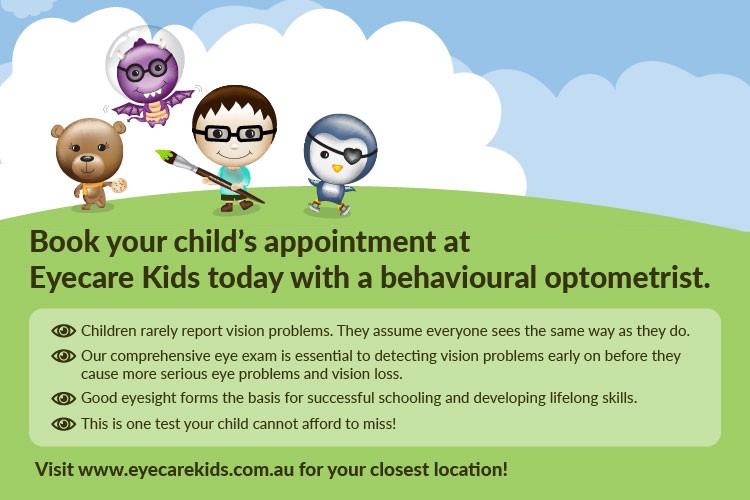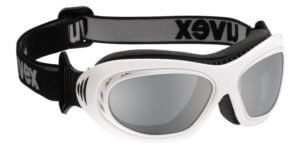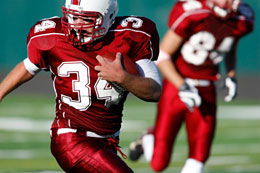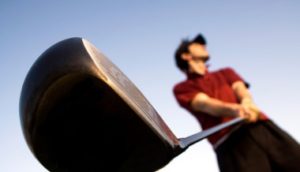Sports Vision
To enjoy and fulfill your sports performance, your eyes need to be as healthy as your body.
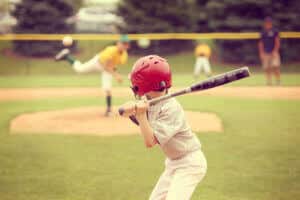
Does your child always seem to be just a few steps away from the soccer ball or just miss a kick by a few inches? Having trouble hitting the tennis ball your opponent served? Well, vision is just like speed and strength, is an important component in sports. Don’t under estimate its power.
Just like fitness, speed or strength, good vision is an important factor in sports. Many people take vision for granted but little did they know there are many interrelated vision skills that can affect how well you play sport. Vision is much more than just seeing clearly. Many interrelated vision skills affect how well you play your sport.
Optometric sports vision care involves the examination of all visual functions which influence a competitor’s ability to perform at the highest level. A vital aspect of that care is advising patients on the most suitable type of spectacles or contact lenses for their sport.
How testings help with Sports Vision
Individual sports performance relies on enhanced visual skills to give you a competitive edge. That’s why sports vision extends far beyond the traditional concepts of correcting vision through contact lenses or spectacles. It is also about exercise and practice to improve your visual fitness and accuracy. Our optometrist at Eyecare Kids performs vision therapy customized for you to help improve your visual skills for your specific sport.
Many sports vision skills can be addressed to improve your sports performance, such as:
 Hand-eye coordination, which helps athletes anticipate and hit a fast-moving ball e.g. baseball players or golfers
Hand-eye coordination, which helps athletes anticipate and hit a fast-moving ball e.g. baseball players or golfers- Improved depth perception to aid athletes such as cyclers when they negotiate turns and avoid obstacles.
- Eye tracking ability, which includes following and anticipating motion of a bouncing basketball
- Visual processing need to improve your ability to see and react quickly to objects such as baseballs. peripheral vision to keep an eye on other players during team sports.
Inaccurate distance judgment, blurry vision and poor tracking eye movements can prevent athletes reaching their full potential. In addition, depth perception, visualisation, peripheral awareness, visual reaction time and eye/hand co-ordination are visual skills which also can affect performance.
Special Needs
Different sports have different visual requirements and a person’s own visual needs differ as well. Particular optical appliances may be useful for certain sports. For example, special tinted glasses are available for target shooters and correction for short- or long-sightedness can be inserted in scuba diving masks.
Helping you with Sports Vision
Everyone who is playing sports, and especially those in high-risk sports such as playing squash, need to consider eye protection. Thousands of children and adults suffer sports-related eye injuries each year, and nearly all can be prevented with the proper protective eye-wear.
Contact lenses have an obvious advantage in contact sports where the use of spectacles is difficult. Some of the advantages of wearing contact lenses for sports include:
- Protection of the eye compared to possible breakage from spectacles lenses
- Better and more natural peripheral vision
- Contact lens follows the direction of gaze
- Contact lenses do not fog
It is always important to inform your optometrists of your sports and hobbies that way you can maximize your sports visual performance and have appropriate protection for your eyes. Depending on your sport and results of comprehensive eye testing, your optometrist will advise you of special types of vision correction best suitable for your favorite sport.
